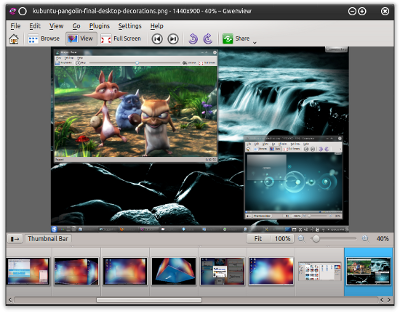The State of gaming
If you’ve been using Linux long enough there’s a phrase you’ve certainly read or heard in some forums, or discussions, or comments: I use Linux for everything, but I keep Windows for gaming. In fact, if you’re a gamer you’ve probably said this yourself. Because while Wine supports running many games, sometimes with even higher performance than doing it on Windows, which is a quite something, there are games that simply do not run under Wine. For example, you may like Gears of War and you may have even bought this game before installing Netrunner, perhaps before even knowing about… Continue Reading





